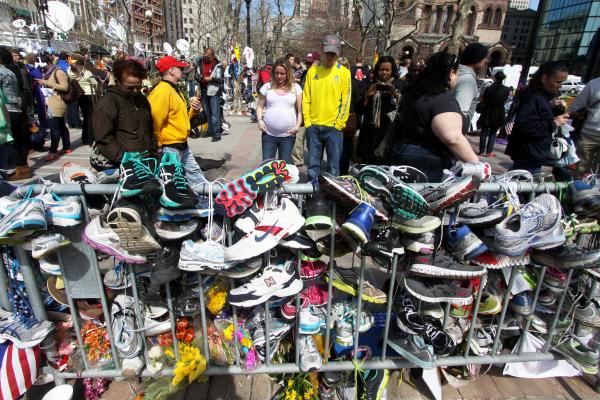May 19, 2015
His guilt is clear. He posted offensive, arrogant messages all over the Internet. He carved a manifesto of revenge into the boat where he hid as police captured him. He flipped a bird at the camera in his jail cell.
The evil he is responsible for is horrific. More than 250 people injured. Seventeen people lost their limbs. Four people died — one of them 8 years old.
It’s no surprise that a jury found him guilty, and still no surprise that they sentenced him to death.
What’s remarkable is the lack of enthusiasm that accompanied Tsarnaev’s death sentence. One person after another had mercy on their lips – from victims of the Boston bombing to the legendary Sr. Helen Prejean who met with Dzhokhar and spoke of his heartfelt remorse.
Read the Full Article

Already a subscriber? Login
